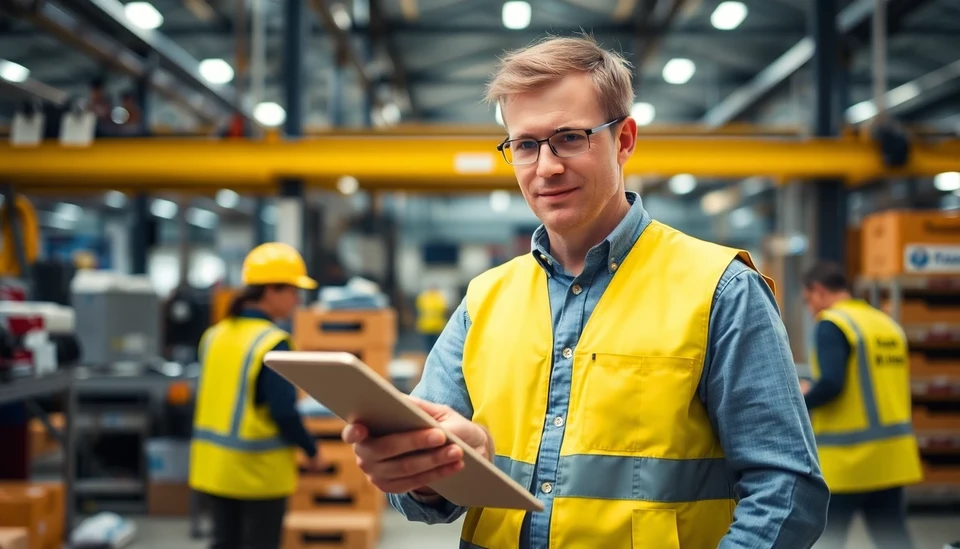
In a rapidly evolving economic landscape, Germany's job market is increasingly at risk due to substantial transformations in technology and industry standards. The shift towards automation and digitalization poses significant threats to traditional employment, with projections indicating that millions of jobs could be affected in the coming years.
Experts underscore that while Germany is known for its robust manufacturing sector, particularly in automotive and machinery industries, this very strength is becoming a double-edged sword. The advancement of technologies such as artificial intelligence and robotics is set to revolutionize various sectors, leading to greater efficiency but also the reduction of human labor in many areas.
Recent studies reveal that approximately 22 percent of jobs in Germany could be at risk of automation by 2025. This alarming figure represents roughly 10 million positions, with workers in lower-skilled roles being the most vulnerable. The automotive industry, which employs about 800,000 people directly, is already facing monumental changes, pushing companies to reassess their workforce needs.
Policy makers and industry leaders are now grappling with the pressing need to navigate this transformation effectively. Strategies being discussed include upskilling and reskilling initiatives to prepare the workforce for the demands of a tech-driven economy. Investing in education and training programs is crucial as it will equip workers with the necessary skills to thrive in new job environments.
Additionally, there is a growing acknowledgment of the need for a robust social safety net to support those who may be displaced due to job automation. Advocates suggest that the government should consider policies such as universal basic income or enhanced unemployment benefits to ease the transition for affected workers.
The urgency of addressing these changes is further underscored by the realities of an aging population in Germany, which indicates an impending shortage of skilled labor. The interplay between technological advancement and demographic shifts raises critical questions about the future of work in the country, emphasizing the need for forward-thinking solutions.
As companies begin to adopt smart technologies, the potential for job creation in sectors focused on digital services, IT, and renewable energy may provide a silver lining. However, the pace of job displacement is outpacing the growth of new opportunities, amplifying the challenges faced by the German workforce.
The German government is compelled to lead discussions surrounding this pivotal issue, collaborating with both private and public sectors to minimize the negative impact on its citizens. Continuous dialogue will be essential to understanding the full scope of these transformations and ensuring that Germany remains a leader in innovation while protecting its workers.
In conclusion, the economic transformation underway in Germany poses unprecedented challenges for the job market. With millions of jobs potentially at risk, immediate action through training, policy reform, and social safety nets is vital to safeguard the future of work for millions of Germans.
#GermanyJobs #EconomicTransformation #Automation #FutureOfWork #Reskilling #Upskilling #JobMarket #AI #WorkforceDevelopment
Author: Daniel Foster




